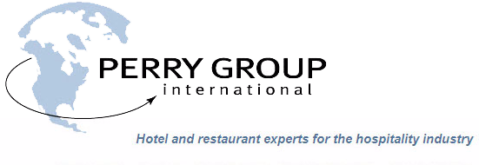In part three the importance of having a ninety day plan as part of interim hospitality management services was addressed, including why it is a critical aspect at the beginning of the takeover by a temporary manager or management team. However, there are certain areas that require one to hone in on and drill down in order to achieve the most results short term. One critical area is the room revenue department. Several of these sales producers include: a) Examining closely and then targeting days that the hotel reaches close to maximum occupancy but does not sell out, such as weekends or certain high business travel nights; b) Analyzing revenue management statistics to see where the hotel could better shift its online bookings to draw more rack (i.e. retail) rates with no commissions, instead of the OTAs (i.e. Expedia) generating the income and who charge 20%-30% in commissions as well; c) Reviewing the group booking contracts and corresponding room blocks and assigning a member of the interim hospitality management services to see what those timelines and stipulations are and taking steps so these reservations can be released or resold before going vacant or sold at the current discounted rates. While maximizing your revenue, it is equally important during those ninety days of interim hospitality management services, that fluctuating costs, such as labor, are examined and dissected according to the ebbs and flows of the business. Unessential services during off-hours and staff working double duties are some of the savings we will talk about in the next installment on this subject…
Share this post





